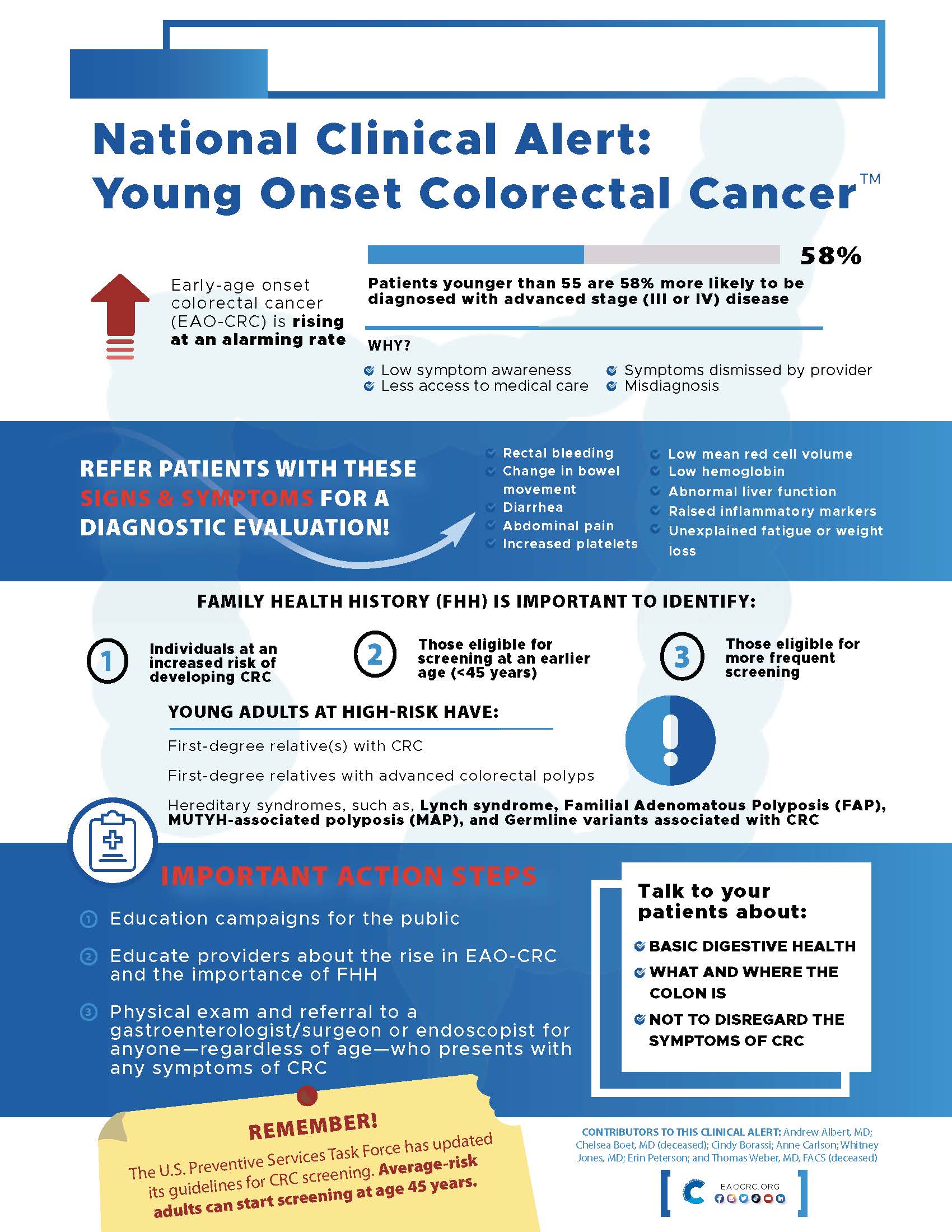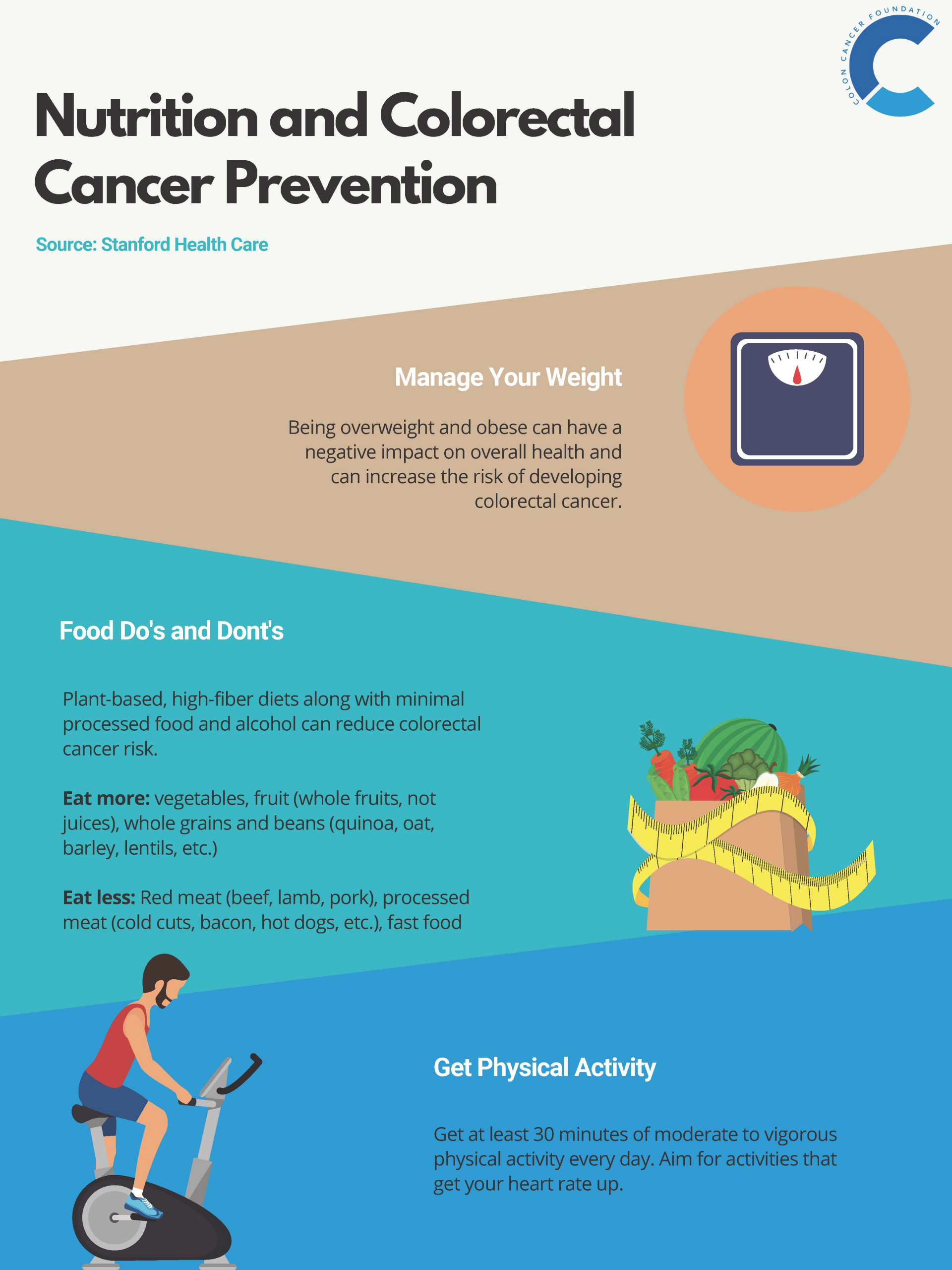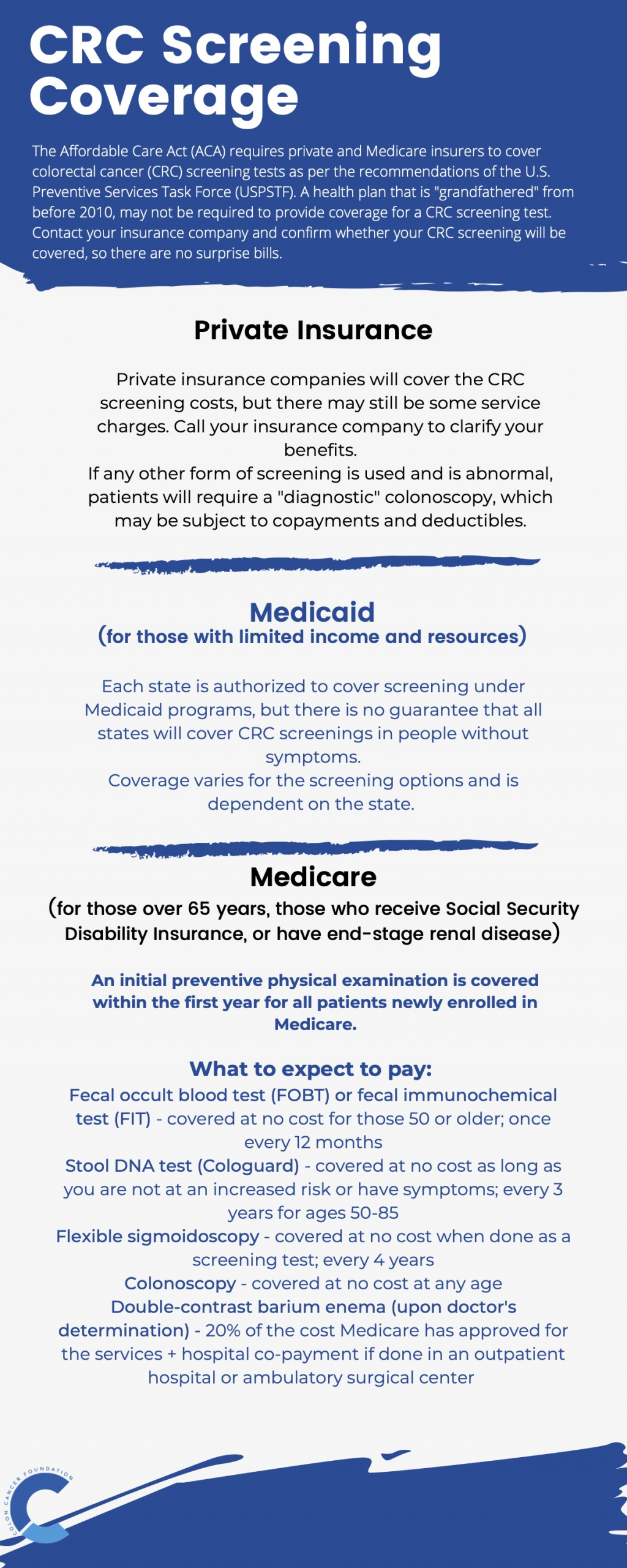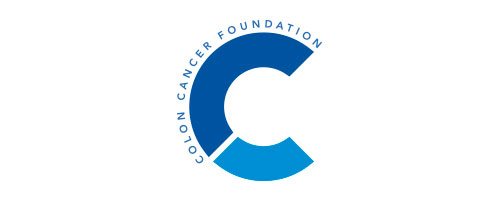The Colon Cancer Foundation is very excited to announce our new class of 2021 interns. . Scroll through to learn more about our amazing team!!
Laura Banazek

Hi! My name is Laura Banazek and I am an Events Intern with the Colon Cancer Foundation. I am an upcoming graduate of California Polytechnic State University, San Luis Obispo earning a B.S. in Experience Industry Management with a concentration in Event Planning. During my last four years of college, I have been very involved with my major department and sorority. I served on my sorority’s executive board as the VP of Membership Education and Programming and am currently the Event Technology and Registration Lead for the 2021 Cal Poly Experience Industry Management Auction.
As an Events Intern with CCF I am excited to gain new experience in event logistics and brand partnerships! I am passionate about creating memorable experiences and building meaningful relationships. After graduation, I dream of working as an Event Planner in either a non-profit or corporate setting. In my spare time I love getting outdoors (going on walks or to the beach!) and spending time with my friends/family. I am so grateful for the opportunity to intern with CCF and am looking forward to the many projects to come!
Kyla de Guzman
My name is Kyla de Guzman and I am a new Public Relations Intern for the Colon Cancer Foundation! I am a Junior at Montclair State University, majoring in Public Relations and minoring in Creative Writing. I am involved in my school’s Drama club, a member of the National Society of Leadership and Success and a part time receptionist at Dumont Animal Hospital; while maintaining a 3.7 GPA. In my spare time I love making playlists, reading, creating TikToks, thrifting and hanging out with my friends.
I am so excited and proud to be a part of CCF’s Public Relations Intern! My career goal is to work as a public relations consultant for high end fashion brands. Thanks to CCF I am able to apply my public relation course in real world experience. I am pleased to be part of a small but mighty organization that wants to spread awareness as best we can.
Devyn Fatzynytz
Hello! My name is Devyn Fatzynytz and I am a Junior Communications Student with a minor in Psychology at The College of New Jersey, and I am very excited to start my position as a Summer PR Intern with the Colon Cancer Foundation.
I have always had a love for writing and creating compelling messages as a means of a creative outlet. This combined with my love for people and making meaningful connections with others drew me to public relations as my field of interest. I am particularly excited about my opportunity with the Colon Cancer Foundation because I can work for a cause with the meaningful mission of finding a cure for colorectal cancer, while increasing resources and screening for disadvantaged communities.
A little more information about myself, I am from Jefferson Township, New Jersey. I am the oldest of three, and value my family and friends tremendously. Some of my hobbies include playing soccer, running and art. Over the summer I paint wall murals for small businesses and people’s home interiors as a side gig in my free time, and have waitressed for the past four years at a local diner in Wharton, NJ.
Some of my on campus activities include TCNJ girl’s club soccer where I held a position as social chair, Delta Zeta sorority as intramural chair in 2019, and being a member of the Anti-Violence Initiates team dealing with dating abuse prevention.
This past Sprint semester I have been a research assistant, analyzing qualitative research data on the topics of gender disparities and women in leadership, while also being trained in comparing and contrasting results to identify themes in stories.
In terms of my background in Communications and Public Relations, I have taken several beneficial classes in interpersonal communications, strategies of public relations and interpersonal health communications among others. I also have prior PR internship experience with McNeil, Gray & Rice, a PR firm in Boston, MA.
Rachel Herrmann
My name is Rachel Herrmann, and I am excited to join the Colon Cancer Foundation’s team as its new Colorectal Cancer Prevention Intern. I am originally from Rochester, New York, and am a recent graduate of Cornell University where I majored in biology and minored in global health. Currently, I am pursuing a Master’s degree in public health through the London School of Hygiene and Tropical Medicine. During my time at Cornell, I worked as a research assistant at the Wilmot Cancer Center, so I am glad to be back working in the cancer field.
My career goal is to work for a nonprofit organization to implement public health initiatives in under-served communities, so I am thrilled to be starting my career with the CCF.
Throughout my internship at the CCF, I will be writing articles about current research in the colorectal cancer sphere in addition to working on the Early-Age Onset Colorectal Cancer Summit.
In my spare time, I love to play tennis as well as travel (I’ve been to twenty countries so far). I also love to play with my two-year-old Cavalier King Charles Spaniel, Charlie!
Carolene Kurien
Hello! I am Carolene, a Communications Intern at CCF. I received my Bachelor of Science degree from the University of Miami with majors in English and Neuroscience. I am passionate about CCF’s mission to lead the fight against colorectal cancer, and I strive to aid CCF’s mission by creating content that informs readers about the importance of colorectal cancer prevention, detection, and eradication. I am proud to be working towards such a worthy cause and I am excited about what lies ahead!
Laurel Levinsohn
My name is Laurel Levinsohn and I’m excited to be a part of the Colon Cancer Foundation! I’m a senior at Washington University in St. Louis, majoring in Cognitive Neuroscience with minors in Spanish and Children’s Studies, on the pre-med track. My career goal is to go into medicine, possibly as a pediatric specialist or as an OB/GYN. During my time with CCF, I hope to help the organization be equipped for success as it grows, and ultimately help work toward a world without colon cancer. I am excited to use my Spanish skills to help create resources that can reach a more diverse population, especially those who are often underserved in healthcare.
I love food, fitness, and working with kids. On campus, I am involved in Spoon University, a food publication, SODA: Student Organ Donation Advocates, and WashU Student Interpreters, through which I am gaining skills to serve as a medical Spanish interpreter. I hope that this position will be one way I can contribute to promoting preventive medicine and making healthcare more accessible.
Susan Pistone

My name is Susan Pistone; I’m one of the Colon Cancer Foundation Interns. I have a Bachelor’s Degree in Communications Studies and a minor in Public Relations. Currently, I’m pursuing a Health Promotion Management Graduate Degree from American University. In my spare time, I love the gym, kickboxing, and running. Previously, I have worked with other Public Health organizations such as Global Health Alliance to host virtual Public Health webinars. My goals would be to have a career in Public Health in roles preventing disease or corporate wellness. Public Health is my passion, and I want to spread awareness about various diseases in any future position.
Abigail Saathoff
My name is Abigail Saathoff and I am the Social Media Intern for the Colon Cancer Foundation! I am a rising junior at the University of Northern Iowa double majoring in Strategic Public Relations and Digital Journalism with minors in Business Communication and Marketing. I am actively involved in various organizations at UNI including; Alpha Delta Pi sorority, the Residence Hall Association, Panhellenic Council, and more. Outside of my student organizations and classes I love crafting, and fell in love with jewelry stamping just a few months ago! I also love reading and watching movies. 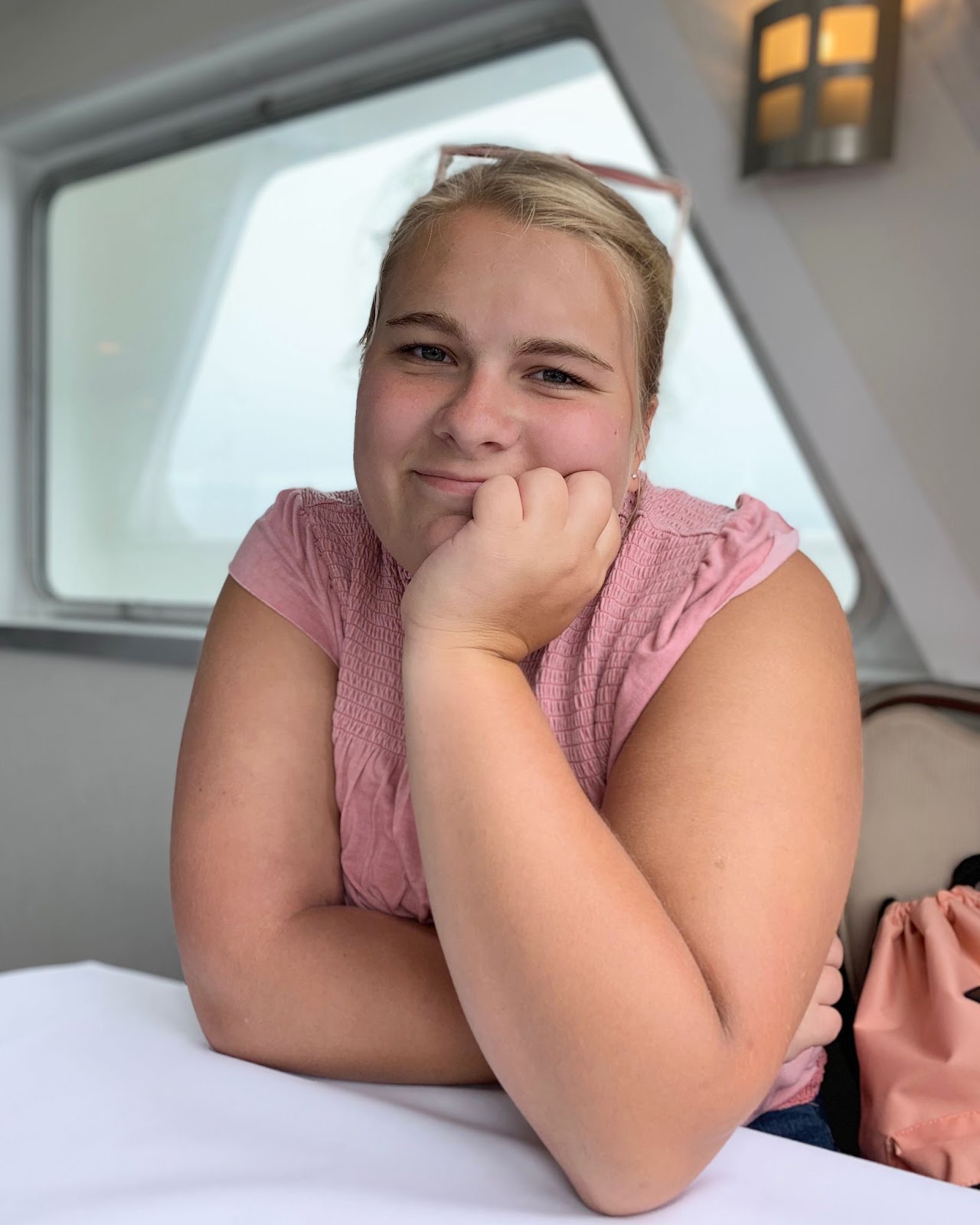
I’m extremely excited for this opportunity to be CCF’s Social Media Intern. Right now, I’m still not 100 percent on what I want to do in my future, but know I want to help people, work for a non-profit and work in social media or public relations, so I think I’m in the perfect place! I’m excited to learn a lot all the while making graphics, writing posts and building our social media platforms that make a difference and raise awareness of Colorectal Cancer. I’m very proud to be working for such an incredible organization, and I look forward to my time here.
Rachel Veitch
Hello! My name is Rachel and I play an exciting role as a graphic design intern here at CCF! I spent almost 10 years working in office management before deciding what I wanted to be “when I grew up”, and now I am studying Graphic Design at Academy of Art University, where I earned my AA and am now finishing up my BFA. I love art and design and being creative and am so thankful to be able to pursue a second career in my dream job! I hope to go into either advertising or publishing, but I also do a lot of volunteering and love supporting causes I care about, like colorectal cancer awareness! I am learning a lot here at the Colon Cancer Foundation and love that I play a small part in helping to one day eliminate deaths from colorectal cancer. 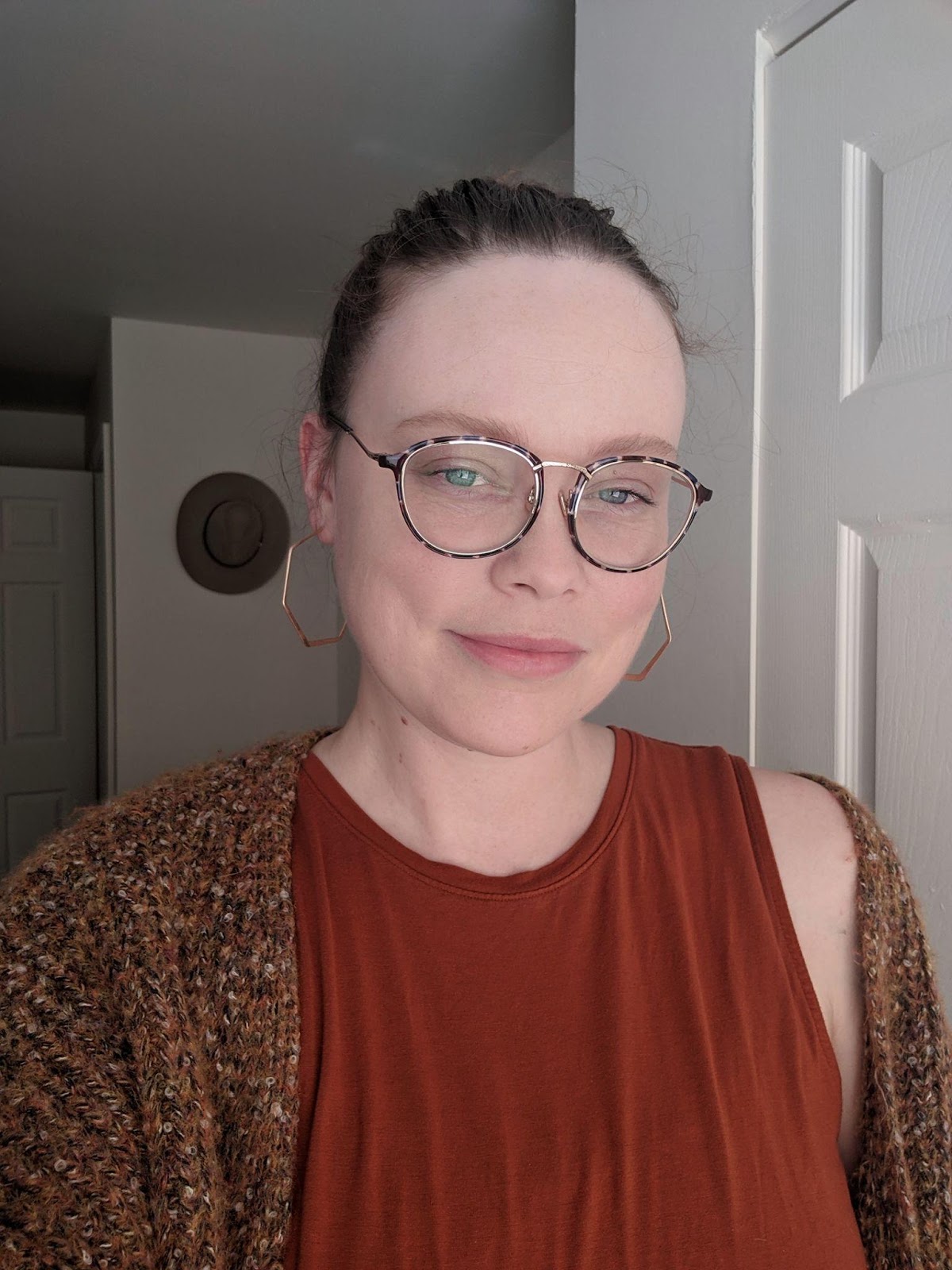
At home (which is also the office) I have two kiddos and love to spend time outdoors with them or play with legos! I also love art and illustration and hope to illustrate a children’s book someday. I have been a military spouse for 11 years now, and we have gotten to live in so many places around the country! We are originally from New Mexico, which holds a special place in my heart. We hope to settle there when my husband retires from the service. I am also creating an art/children’s book about New Mexico.
